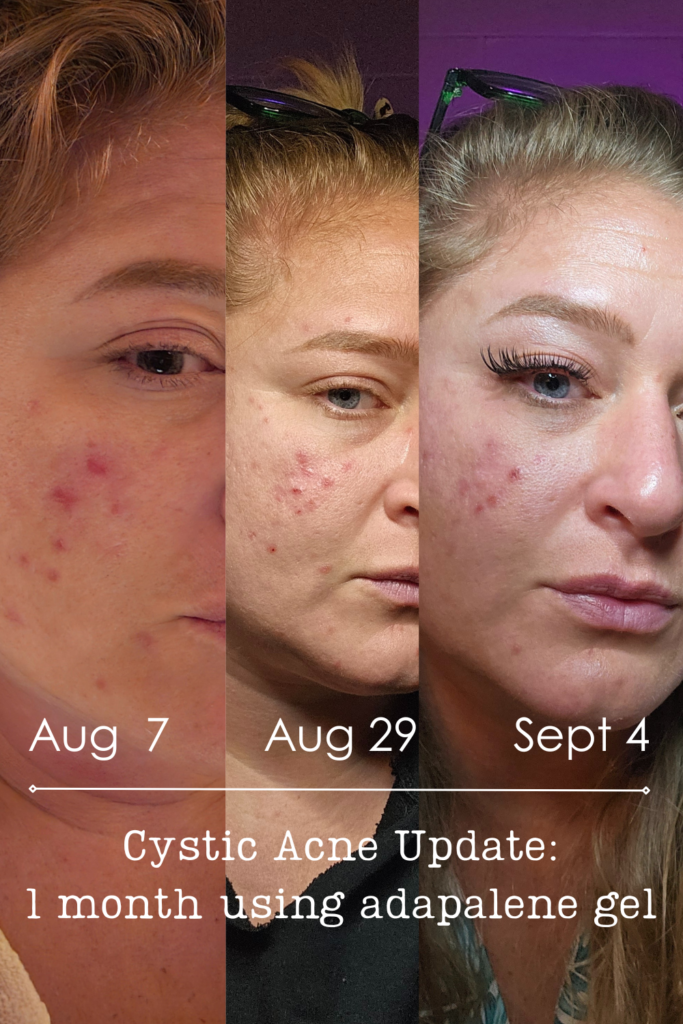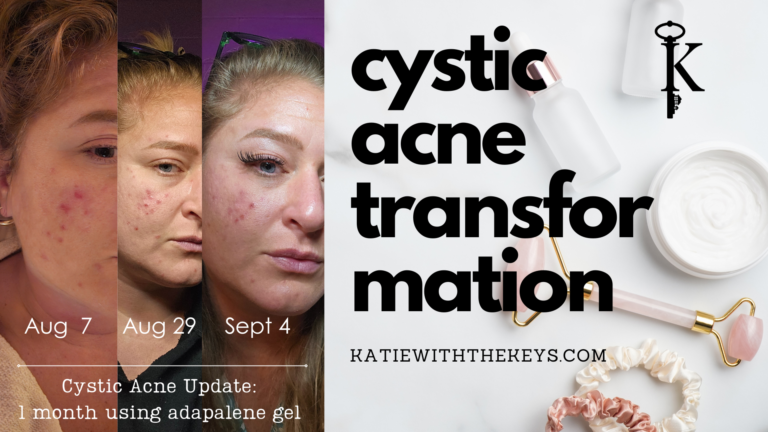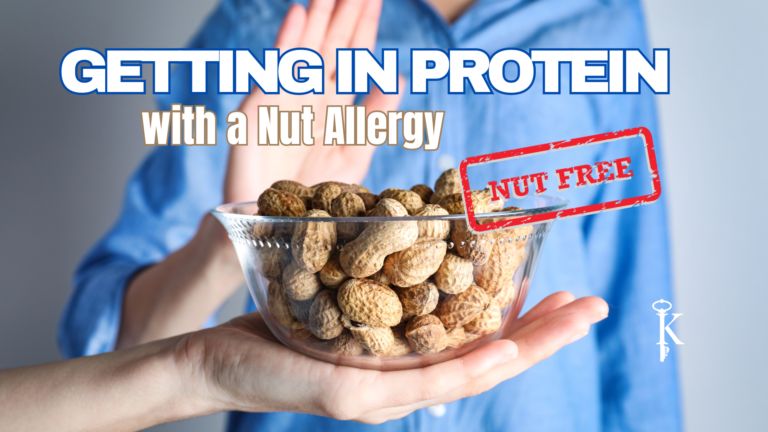Understanding Cystic Acne
Table of Contents

Cystic acne, with its deep-seated, painful bumps that seem to linger forever, is a formidable foe in the realm of skincare woes.
Unlike its more superficial counterparts, cystic acne delves deeper into the layers of the skin, forming painful, inflamed bumps that can leave lasting marks both physically and emotionally.
Defining Cystic Acne
Cystic acne, classified as a severe form of acne, is characterized by the development of large, inflamed cysts beneath the skin’s surface.
These cysts are often tender to the touch and can appear as red, swollen bumps that linger for an extended period.
Due to its deeper location within the skin, cystic acne is more resistant to traditional over-the-counter treatments and can be particularly frustrating to manage.
Causes & Triggers
The onset of cystic acne can be attributed to a combination of genetic, hormonal, and environmental factors.
Hormones, especially androgens, can play a significant role in the overproduction of oil (sebum) in the skin’s oil glands, leading to clogged pores.
Genetics also contribute to an individual’s predisposition to developing cystic acne. Additionally, factors such as stress, diet, and skincare habits can exacerbate the condition.
Inflammation & Scarring
One of the most challenging aspects of cystic acne is the intense inflammation it triggers.
The immune system responds to the trapped bacteria and sebum by sending white blood cells to the area, leading to the characteristic redness and swelling.
This inflammatory response can result in the formation of painful nodules and pustules that can leave scars once they heal.
Psychologocal Impact
Cystic acne’s physical effects are often accompanied by psychological challenges.
The pain, discomfort, and appearance of these deep cysts can lead to decreased self-esteem, social withdrawal, and even anxiety or depression in severe cases.
Recognizing the emotional toll of cystic acne underscores the importance of a comprehensive approach to its treatment.
Professional Intervention
Given its complexity, managing cystic acne often requires more than just over-the-counter treatments.
Consulting with a dermatologist can be crucial, depending on your situation, as they can accurately diagnose the severity of the condition and recommend targeted treatments.
Prescription medications such as oral antibiotics, topical retinoids, and hormonal therapies may be prescribed to address the underlying causes of cystic acne.







